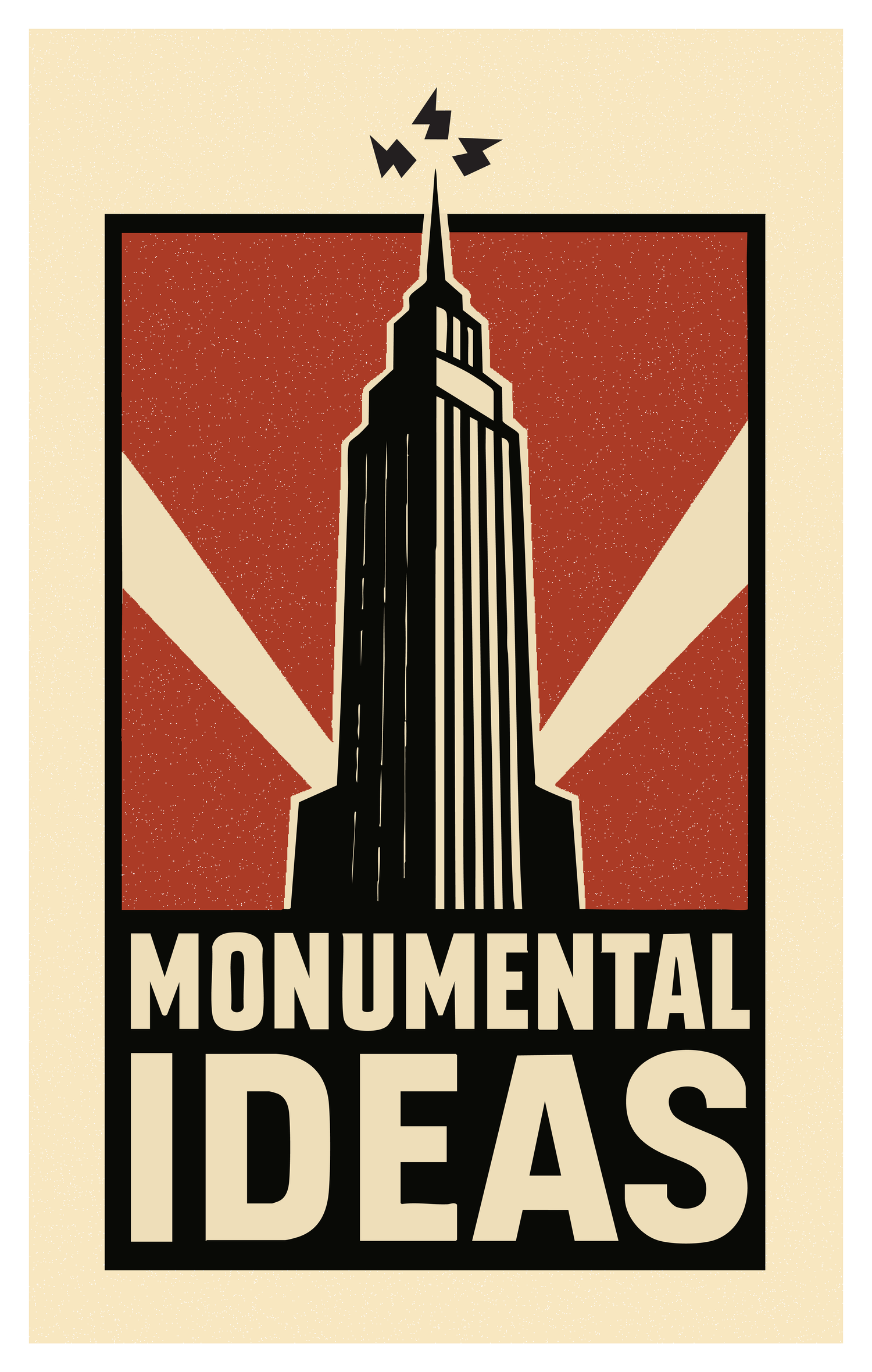MONUMENTAL PLAYSHOPS
-

Popcorn brain
“Popcorn Brain” is a fast-paced, improvisational thinking workshop designed to follow mental chaos into clarity. Instead of silencing distractions or suppressing tangents, this session embraces cognitive noise as a source of unexpected breakthroughs. Participants are encouraged to follow stray thoughts—like kernels popping unpredictably—and trace their connection back to a central business challenge. What appears random may hold the key to a new angle, overlooked stakeholder, or buried assumption.
-

NOT MY PROBLEM
“Not My Problem” is a role-play-based creativity workshop that unlocks fresh solutions by removing participants from the center of the problem. Instead of forcing the team to keep grinding at the same challenge from the same angle, it enables them to cast someone else—someone who wouldn’t just solve the problem, but might not even see it as one at all–as the solution provider.
This exercise asks: Who would be the best candidate to crack this, and how would they approach it?
By mentally outsourcing the issue to an imagined character, the team sheds limiting assumptions and adopts new values, goals, and tactics—ultimately uncovering approaches that would never emerge from their usual perspective.
-

ZIG ZAG LAB
“Zig Zag” is a contrarian thinking workshop designed to help teams create truly differentiated products, messages, and experiences by identifying dominant norms—and subverting them. The name comes from a fundamental creative principle: if you want to stand out, you have to break out. When they zig, you zag. Hard.
This session pushes teams to intentionally veer off the well-worn path. Whether in branding, product strategy, customer experience, or tone of voice, the workshop challenges you to go against the grain—and keep going until the result is unmistakably unique.
-

THE LUCKY WINNER
“The Lucky Winner” is a workshop that channels the power of empathy and storytelling to breathe life into innovation. Rather than designing for an abstract “target audience,” this session challenges participants to design for one specific person—a single, fictional-yet-believable “winner” whose life is about to be changed for the better by the team’s idea.
This approach drops vague user personas and mass-market thinking. Instead, it asks:
“If just one person got to experience our idea—who would we choose, and how would it change their life?”
By rooting creativity in personal stakes and emotional detail, teams arrive at richer, more compassionate, and more actionable solutions.
